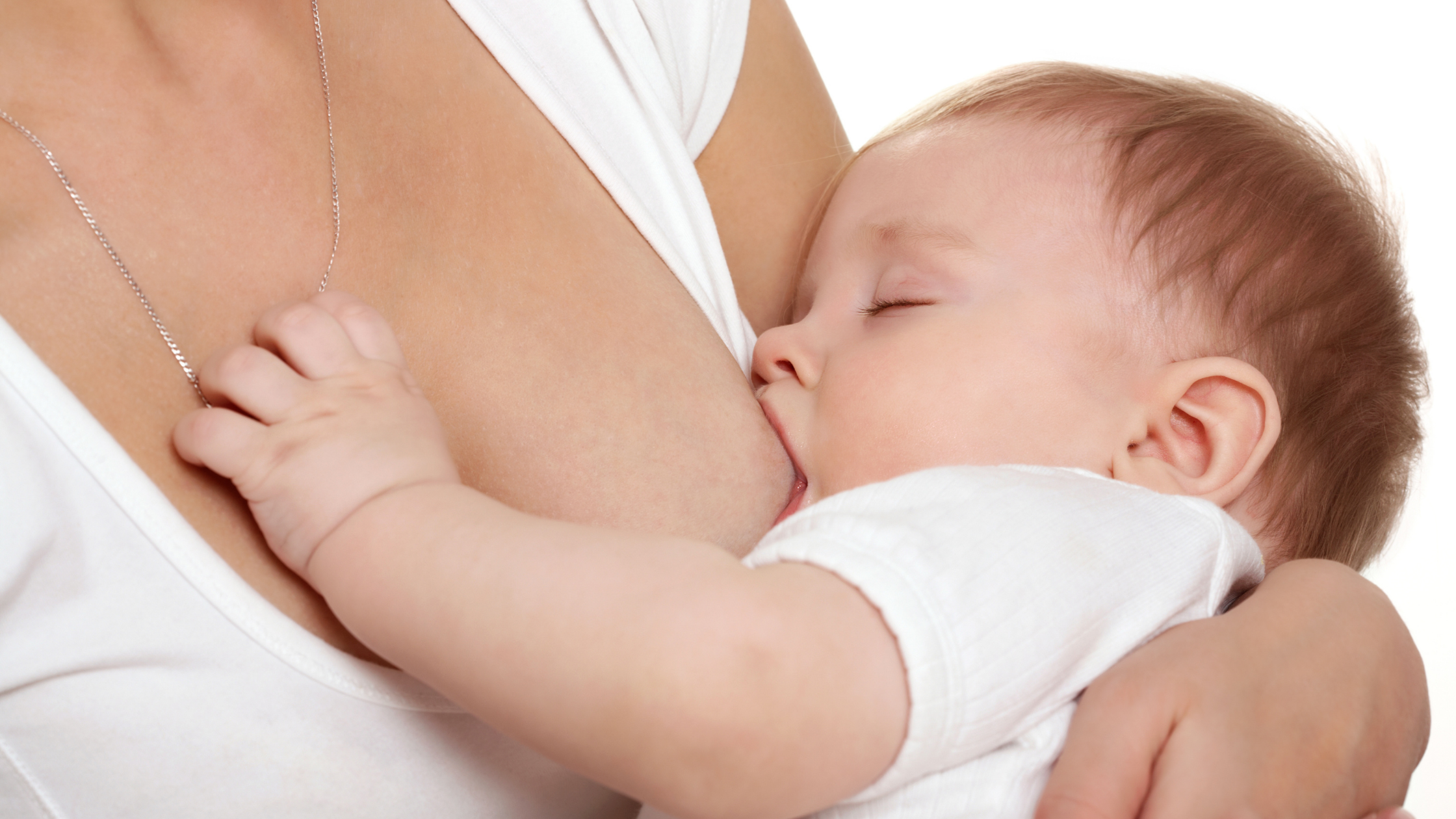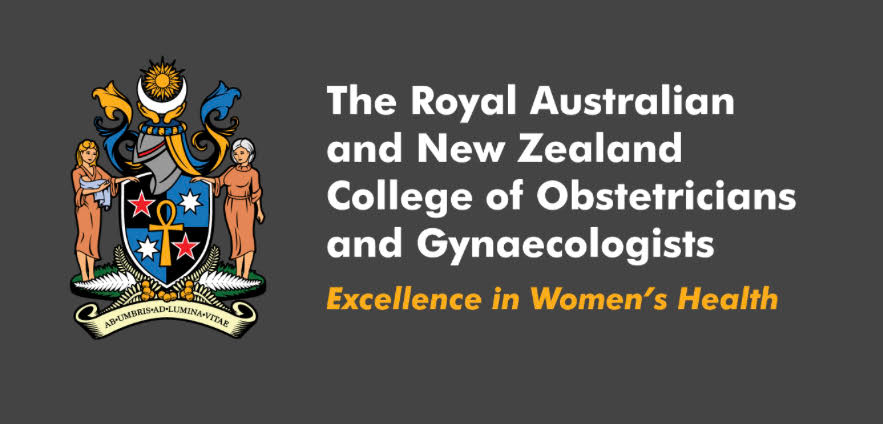

As soon as a woman delivers her baby and placenta, this is a time of significant hormonal adjustments. The woman will start to produce the hormone called prolactin which assists in breast milk supply as well as oxytocin which is imperative for the letdown reflex in breast feeding. Probably the most significant change of all is a huge decline in the level of estrogen from a high at the end of the pregnancy to levels approaching those of a postmenopausal woman within a week of delivering the placenta.
This significant change in hormones can also contribute to the baby blues which typically occurs on day 3-4 with such a big transition in hormones. A number of women will experience similar symptoms to postmenopausal women in the immediate postpartum period. These can include hot flushes, night sweats and also affects on the pelvic organs including vaginal dryness, pain during intercourse as well as prolapse and continence issues. A woman’s bone density will also be lower than normal in the breastfeeding period.
The good news is that over time the estrogen level slowly increases and will have normalised once the woman has started her periods again, with a lot of those issues disappearing. If a woman is exclusively formula feeding then her hormones will normalise within the first 6 weeks after birth.




